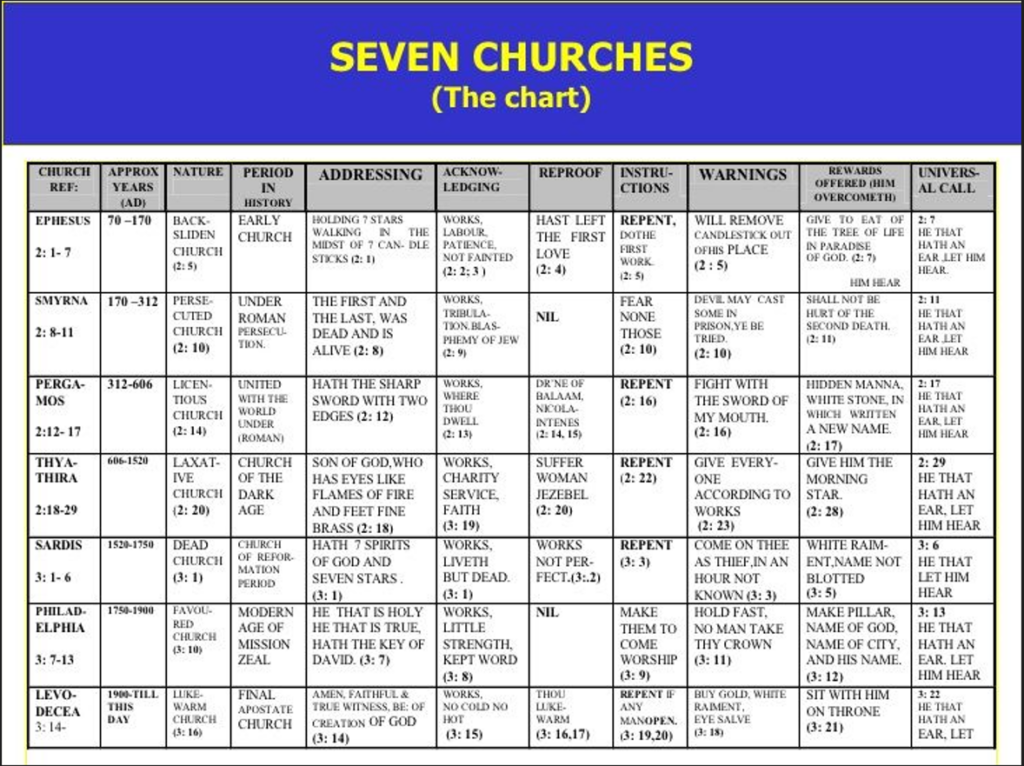Blinded by Smoke and Mirrors
Blinded by Smoke and Mirrors
by Kathryn Donev
We are not to mess around in any way, shape or form with any type of witchcraft or divination. This is a command that the Bible is super transparent about. There is no question whether or not it’s okay. In Exodus we are told not to tolerate a sorceress or a woman that has magical powers or paranormal abilities. In Leviticus it is clear that we are not to practice divination or fortune soothsaying. The message is so direct that in Leviticus 20:27 it says that a man or a woman who has a ghost or a familiar spirit shall be put to death; they shall be pelted with stones. Not just a slap on the wrist or a gentle verbal scolding. And I don’t know about you, but to me, being stoned to death is a dreadful way to die.
In Deuteronomy 18:10-11 it says, “Let no one be found among you who consigns a son or daughter to the fire, or who is an augur, a soothsayer, a diviner, a sorcerer, one who casts spells, or one who consults ghosts or familiar spirits, or one who inquires of the dead”. There is no question about it. These practices are all wrong. Period. End of story. No debate. No talking your way out of it. It can’t get any clearer. We know what will happen if we are tempted with this nonsense. Remember what happened to Aaron’s sons when they played with false fire. There are no second chances, and the consequence is for an eternity. Division from Christ. No eternal life. No Heavenly reward. It is serious. It’s not a game. Right? Are we clear to this point? Of course we are.
But are we really clear? All this stuff was surely just in Biblical times. Does Hocus Pocus exist today? Nah, it’s a fictional movie that’s no big deal to watch time and time again. We are surely strong enough to resist the indoctrinating. But are our children? We allow them to watch “The Little Mermaid” and suppress the small detail that one of the characters is a sea witch. HELLO… Identifying with such has become popular to the point we ignore when our children mark their foreheads with lightning bolts. Really! An iconic symbol of danger. In what reality is this okay? And I’m not even going to go down the rabbit trail of all the dark children’s songs we sing where babies are falling from trees and children are plagued with rings around the rosies.
The entertainment industry has completely enchanted us. They no longer even attempt to hidе the fact that they are bewildering with hidden agendas. Agendas that confuse. Right is wrong and wrong is right. Good is bad and bad is good. But woe to those that do this. We first ignore the evil, then we tolerate, then we promote it and then make fun of the people that still call evil, evil. But that’s okay. Make fun of me if you wish. Call me strange. I think protecting my family is more important than the opinion of others.
But, All Saints Day Eve T-shirts that say “I eat children” or “You put a spell on me” are just for humor. Haunted houses with ghosts, goblins and much more horrific monsters are merely for the thrill. Toy cauldrons that are paired with a mystical plushie that can help you cast a spell and the classical magic 8 ball that help you predict the future are just so cool. If all these are for entertainment purposes only; it surely can’t go against God’s Word. Well in Act, Elymas became temporarily blind when he performed magic. I think this might be a clue whether or not it’s an okay thing to do. Simon in the New Testament did magic like he was God. He tried to transcend the Truth, but his heart was not right. This still happens today in many places including heavily in the territory of Cyprus. The occultic influence is so burdensome that it is hard to break through the spirit of oppression and depression.
We are so blinded that we don’t even think when we say things like “mumbo, jumbo” which comes from the African term for a male masked dancer of arcane rituals. We loosely say, “It’s not in the cards”. Well duh….this is referring to a fortune teller’s reading. Tarot cards and ouija boards are no game. We might should read about King Saul’s experience when he sought out a medium at Endor. It’s real stuff you do not want to tangle with. Demons are real. And they will control your life every chance they get. Even worse, they will prow on the innocent and malleable minds of our children.
We have been so blinded by false mysticism that we have lost sight of Biblical truths. Yes, the Bible still has truths and not suggestions. So why do we think it’s okay to read fantasy stories that promote these distorted practices. We think it’s okay to dabble with the dead because it’s just a silly graveyard game and we all know that zombies aren’t real. We think it’s not a problem to use the ghost filter because they are so cute like fluffy marshmallows. Paranormal cartoons and TV series that promote attractive vampires are harmless. Anime is an innocent escape from reality in which we can create a distinction between real world and make-belief violence, sexual content and Japanese influences. And let’s not forget the fashionable witch and wizard hats. It’s no big deal to dress up in a costume. It’s only once a year. And goth is only dark clothes, right? But these are all so far from the truth. If your child is wearing dark clothes, dark make-up and bondage accessories, don’t ignore their cry for non-judgmental inclusion. It’s a slipper slope. 
Jannes and Jambres who opposed Moses in front of the Pharaoh were only deceivers, corrupt in the minds and worthless in the faith. I personally don’t want to be considered a deceiver, or corrupt or worthless. I want my heart to be in the right place. I choose life in Christ. I will do my best to be separate from these contrary beliefs and practices. I don’t even want to be tempted with the euphoric “pleasures” that they are thought to bring. No looking back, forward we must go. Undistracted by smoke and mirrors.
I will maintain claim to my family and my territory. It is true that we are to love everybody, but when we allow wicca influences to come into our community and begin to bewitch with innocent terminology like “apothecary”, “mood balancing” “centering” then we should be alert. Their idea of “alter” is not a Godly one. It’s definitely not a southern phrase when they say “blessed.” Astrology is not just looking at the stars either. Charms are not just cute trinkets and crafting is not an art project. God is the maker of all things. The moon, stars and all of nature belongs to Him and should be cherished as intended. Bodies grounding and moving to find peace should be center in Christ and not in Hinduism, Buddhism or Jainism. This is a warning to remove the blinders before there is no chance to turn back. Wake up people! Protect yourself and your family.
The Harvest is Plentiful…
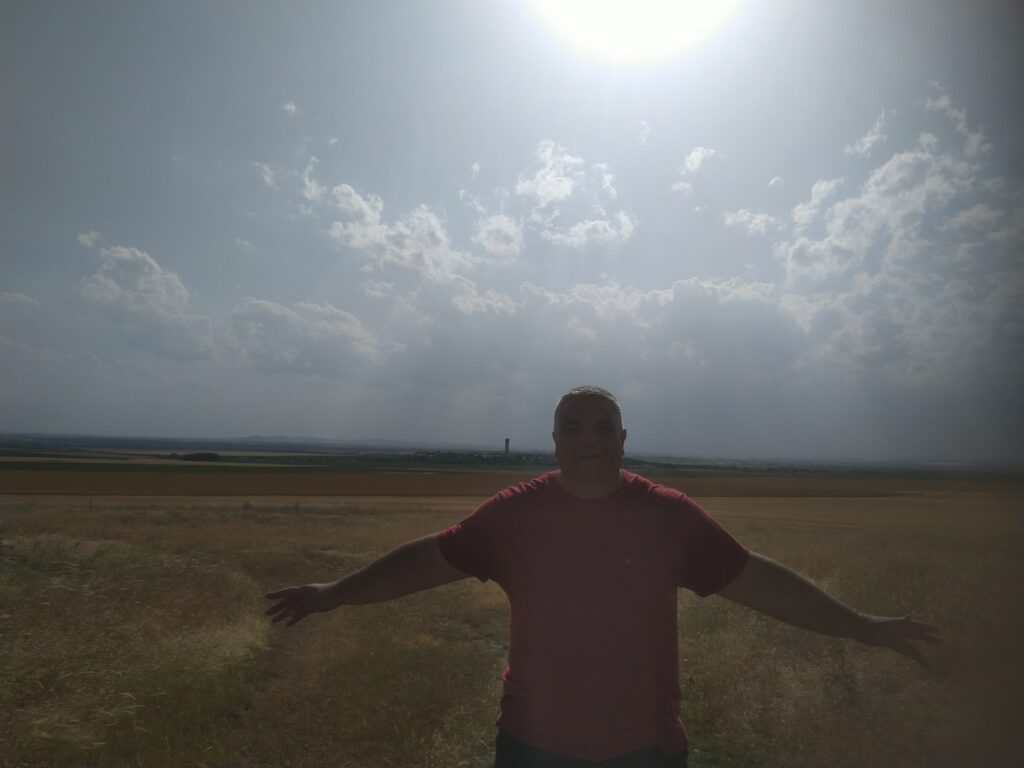
Bulgaria: Another Expert Cabinet, Sets GERB Dominance
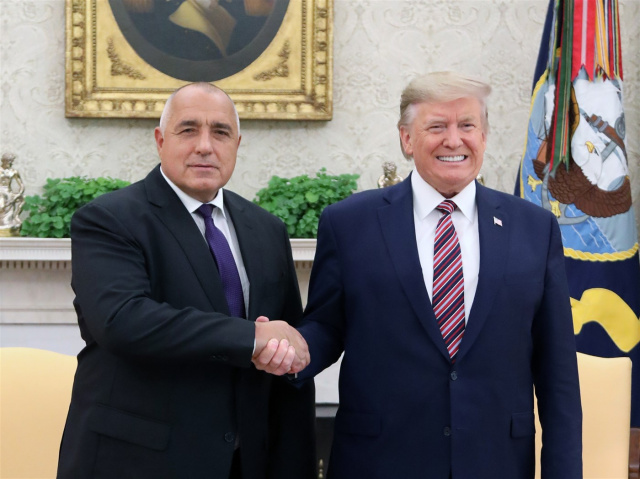
Boyko Borissov announced that GERB will begin negotiations for an expert cabinet and majority starting Monday. He insists that the government will only be formed with the first mandate, dominated by his party, and that the prime minister, foreign minister, and defense minister must be from GERB. Borissov himself will not run for prime minister to facilitate the negotiations. If these conditions are not met, Bulgaria will head to another election in September.
“There will be a government if the prime minister is from GERB. I will not run for prime minister to ease negotiations,” Borissov clarified. He announced a negotiating team comprising Temenuzka Petkova, Raya Nazaryan, and Denitsa Sacheva, with negotiations starting on Monday. Borissov believes the first mandate is the only chance to form a cabinet, warning that failure to do so will lead to September elections.
Borissov justified the need for GERB‘s dominance in the cabinet by stating that he cannot explain to his supporters why GERB, having won the elections again, should cede key ministerial positions. He confirmed that Mariya Gabriel will not be part of the cabinet and emphasized that GERB will not form a coalition with the Movement for Rights and Freedoms (DPS), despite past collaborations on various topics.
Borissov stressed the need for a government within the next seven days, warning of the exhaustion caused by repeated elections. He expressed respect for President Radev but highlighted the importance of avoiding institutional confrontations. Borissov also commented on the resignation of “Yes, Bulgaria” leader Hristo Ivanov, expressing regret and emphasizing the need for statesmanship over ego in these times.
PENTECOST NOW!
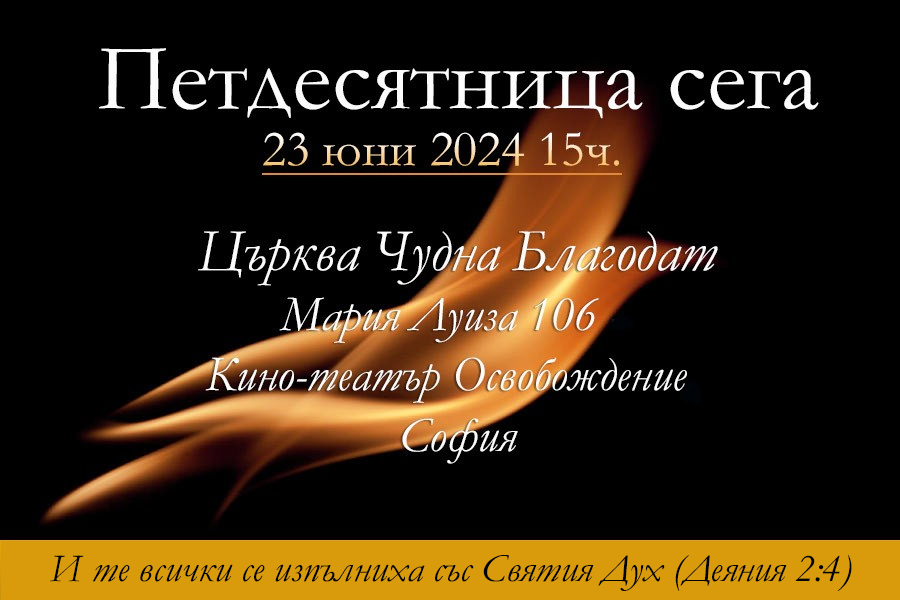
Enemy still talking trash?

GERB Leads Election with 68 Parliamentary Seats

Bulgaria: GERB Leads with 68 Deputies as Election Commission Confirms Parliamentary Seats
The Central Election Commission (CEC) has announced the mandates for the parliamentary parties in the 50th National Assembly of Bulgaria. GERB will have the most deputies, with a total of 68. The second-largest parliamentary group will be the DPS with 47 deputies, followed by “We Continue the Change – Democratic Bulgaria” (WCC-DB) with 39. “Revival” will have 38 deputies, while the Bulgarian Socialist Party (BSP) will have 19.
The “Greatness” (Velichie) party will have the smallest parliamentary group, with 13 deputies. “There is Such a People” (TISP) will have 16 representatives, though their leader, Slavi Trifonov, will not be among them, as he was removed from the candidate lists by the CEC after submitting an application.
The CEC also reviewed and approved the analysis of inconsistencies after re-entering and comparing data from the sectional election commissions with the district commissions. Four elected members of the European Parliament have opted to remain as MEPs instead of joining the National Assembly: Hristo Petrov from WCC-DB, Ivaylo Valchev from TISP, Kristian Vigenin from BSP, and Stanislav Stoyanov from “Revival.” The CEC has fulfilled their requests and removed them from the parliamentary lists.
1 didn’t listen…

2024 European Parliament election in Bulgaria
5 seats, 24.26% — The 2024 European Parliament election in Bulgaria will be held on June 9, 2024 as part of the 2024 European Parliament election. This will be the fifth parliamentary election since Bulgaria’s EU accession in 2007, and the first to take place after Brexit. Bulgaria will simultaneously hold a separate parliamentary election on the same day.
Since the pandemic in 2020, it has become customary that elections are held in Bulgaria twice a year regardless of the high cost for the country. It is expected that as in the previous 4-5 years, the second round of Parliamentarian elections will be held in October.

Government Elections in Bulgaria (2005-2022):
2005 Parliamentary Elections
2006 Presidential Elections
2007 Municipal Elections
2009 Parliamentary Elections
2009 European Parliament elections
2011 Presidential Elections
2011 Local Elections
2013 Early parliamentary elections
2014 Early Parliamentary Elections
2015 Municipal Elections
2016 Presidential election
2017 Parliamentary elections
2019 European Parliament election (23-26 May)
2019 Bulgarian local elections
2019 Municipal Elections
2021 April National Parliament election
2021 Second National Parliament election
2021 Third National Parliament and Presidential elections
2022 October elections for 48th National Assembly after the fall of a four-party coalition in June 2022.
2023 Bulgarian parliamentary election
REVIVAL 2024
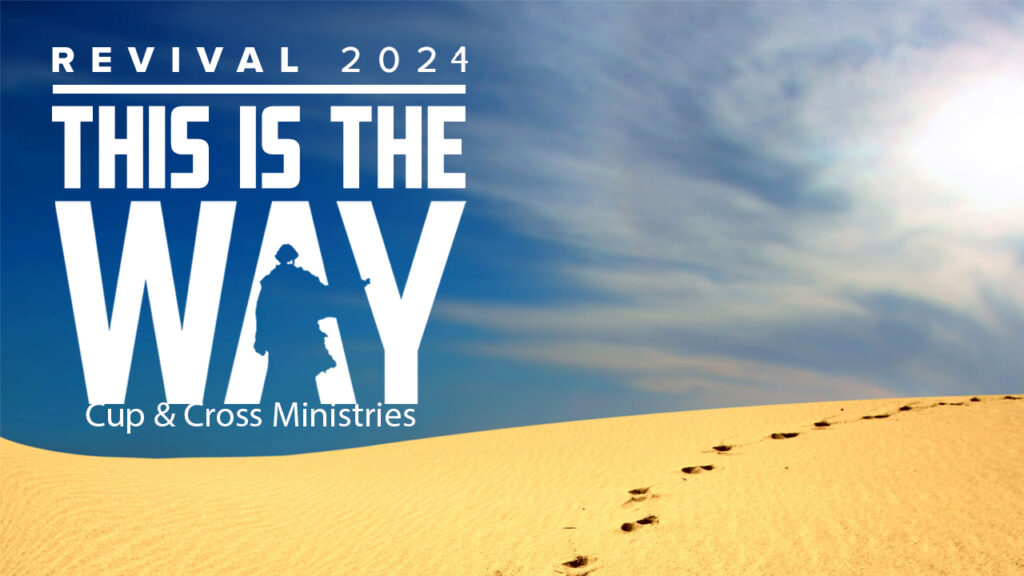
7 Churches of Revelation Chart
